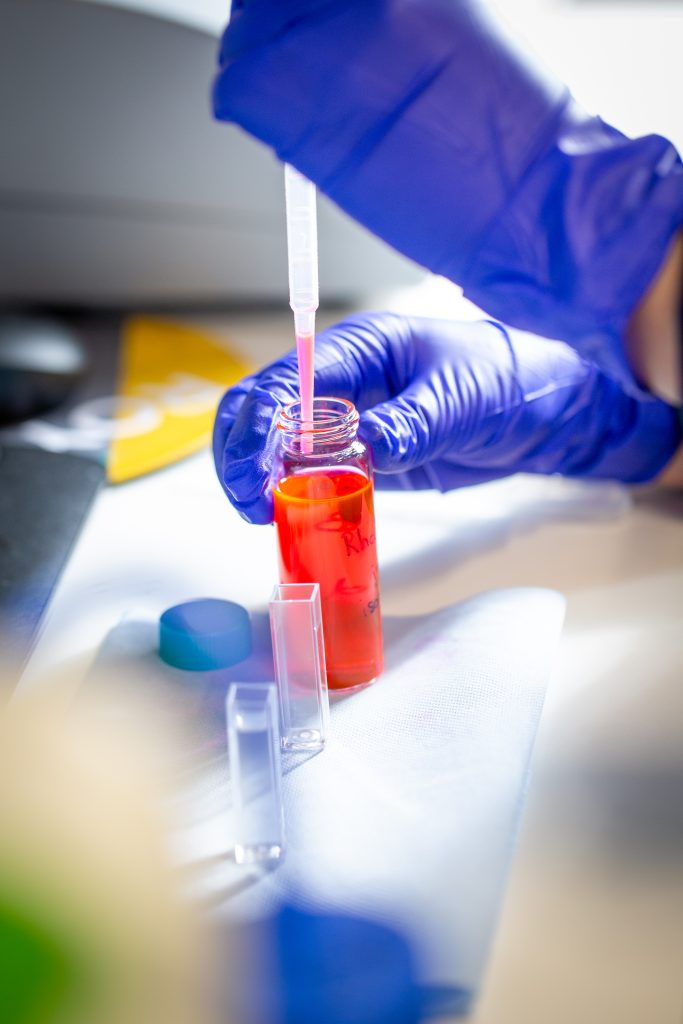



Our Impact
Explore a selection of our Impact Case Studies to understand more about how Royce supports materials innovation projects through a number of key collaboration and funding programmes.
Unlocking Economic and Societal Growth Through Materials Innovation
Materials innovation contributes an estimated £45 billion each year to the UK economy, with 635,000 people employed in materials innovation businesses, demonstrating the enormous multiplier which a successful materials economy brings to the UK.
It also drives investment; in the last 3-year period, materials innovation businesses secured an average of £8 billion each year in external private and public funding for innovation activities within the UK.
Royce supports materials innovation projects through a number of key collaboration and funding programmes. Below you will find a range of Impact Case Studies that demonstrating the cutting edge research Royce has enabled to provide economic and societal benefit.

